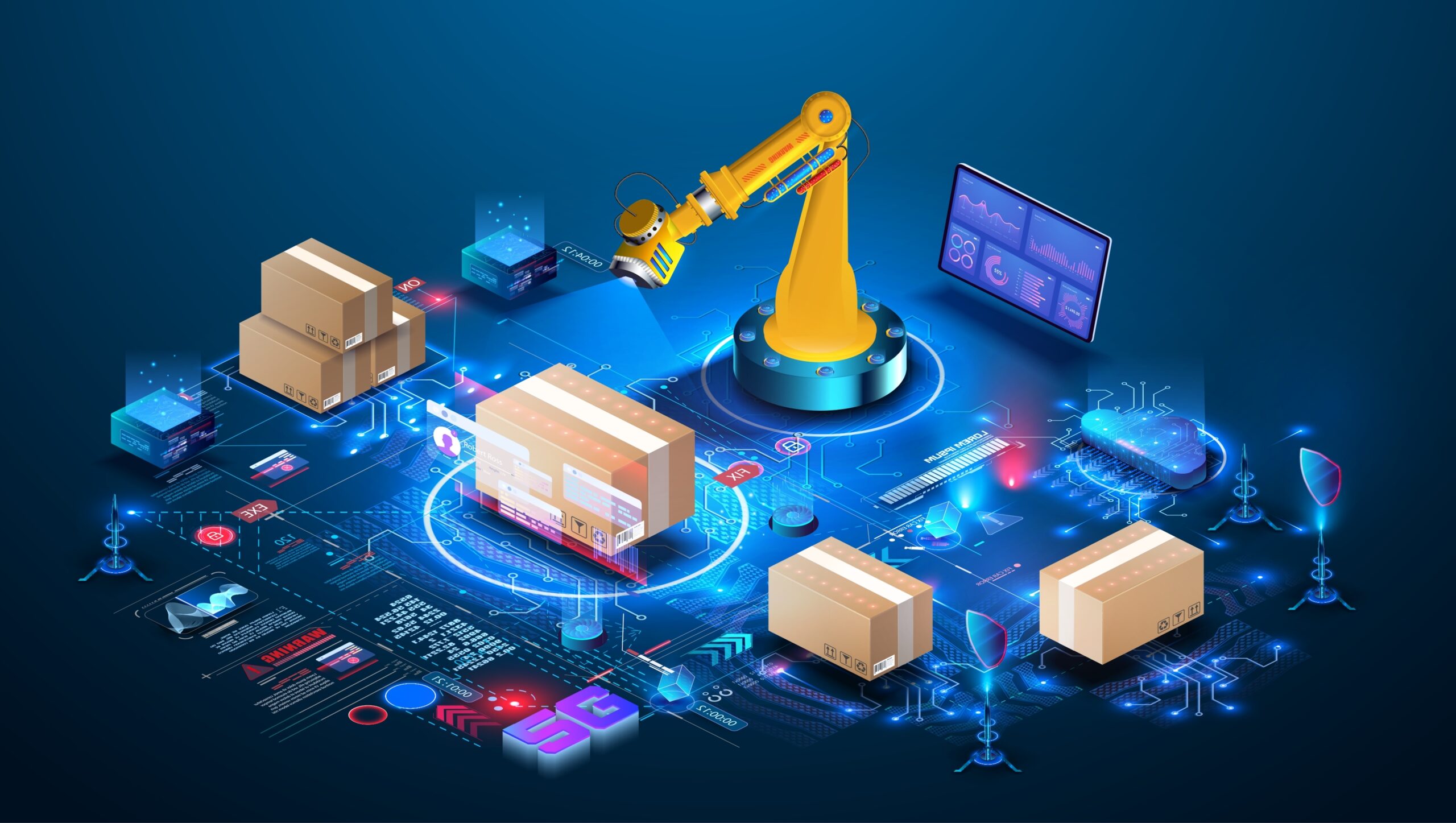Revolutionizing Supply Chains with AI
In today’s fast-paced world, businesses are constantly looking for ways to stay ahead of the competition and streamline their operations. One of the most game-changing technologies that has emerged in recent years is Artificial Intelligence (AI). AI is revolutionizing supply chains by providing businesses with the tools they need to optimize their operations, reduce costs, and improve efficiency.
AI is being used in supply chain management to analyze vast amounts of data that would be impossible for humans to process. By using machine learning algorithms, AI can identify patterns and trends in data that can help businesses make more informed decisions. For example, AI can be used to predict demand for products, optimize inventory levels, and even detect potential issues before they arise.
One of the key benefits of AI in supply chain management is its ability to automate repetitive tasks. This frees up employees to focus on more strategic activities, such as building relationships with suppliers or developing new products. AI can also help businesses identify areas where they can cut costs or increase efficiency, such as by optimizing delivery routes or reducing waste in the production process.
AI can also improve visibility and transparency in the supply chain. By tracking products in real-time, businesses can quickly identify any issues that arise and take action to resolve them. This can help businesses reduce the risk of disruptions and improve customer satisfaction.

Image Source: nats.ca
Another way that AI is revolutionizing supply chains is through the use of predictive analytics. By analyzing historical data and trends, AI can help businesses forecast demand, identify potential risks, and make proactive decisions to mitigate them. This can help businesses stay ahead of the competition and adapt to changing market conditions.
Overall, AI is playing a game-changing role in modernizing supply chain management. By providing businesses with the tools they need to optimize their operations, reduce costs, and improve efficiency, AI is helping businesses stay ahead of the competition and streamline their operations. With the rapid advancements in AI technology, the possibilities for supply chain management are endless.
Unleashing Innovation in Logistics
In today’s fast-paced world, the logistics industry plays a crucial role in ensuring the smooth flow of goods and services from manufacturers to consumers. With the advent of advanced technologies such as Artificial Intelligence (AI), the landscape of logistics is rapidly evolving, unleashing a wave of innovation that is revolutionizing the way businesses manage their supply chains.
AI is a game-changer in logistics, as it has the ability to analyze massive amounts of data in real-time, allowing companies to make more informed decisions and optimize their operations. From route planning and fleet management to warehouse automation and predictive maintenance, AI is transforming every aspect of the logistics process, making it more efficient and cost-effective.
One of the key ways AI is revolutionizing logistics is through predictive analytics. By analyzing historical data and trends, AI algorithms can forecast demand, optimize inventory levels, and minimize stockouts. This not only helps businesses reduce costs but also ensures that they can meet customer demand in a timely manner, thus improving customer satisfaction and loyalty.
Another area where AI is making a significant impact is in route optimization. By analyzing traffic patterns, weather conditions, and other variables, AI algorithms can suggest the most efficient routes for delivery trucks, minimizing fuel consumption and reducing delivery times. This not only saves companies money but also helps reduce their carbon footprint, contributing to a more sustainable supply chain.
AI is also revolutionizing warehouse management, with the introduction of autonomous robots and drones that can handle tasks such as inventory management, picking, and packing. These robots can work 24/7, increasing the efficiency of warehouse operations and reducing the risk of human error. This not only speeds up the order fulfillment process but also improves overall accuracy and reliability.
Furthermore, AI is enabling companies to implement predictive maintenance strategies, by analyzing data from sensors and IoT devices to detect potential equipment failures before they occur. This allows businesses to schedule maintenance tasks proactively, minimizing downtime and reducing the risk of costly breakdowns. By keeping their equipment in optimal condition, companies can ensure that their operations run smoothly and efficiently.
In addition to improving operational efficiency, AI is also enhancing the customer experience in logistics. By providing real-time tracking and delivery notifications, companies can keep customers informed about the status of their orders, reducing uncertainty and increasing satisfaction. AI-powered chatbots and virtual assistants are also being used to provide personalized support and address customer inquiries promptly, improving overall service quality.
Overall, AI is unleashing innovation in logistics by revolutionizing the way businesses manage their supply chains. By harnessing the power of AI technologies such as predictive analytics, route optimization, warehouse automation, and predictive maintenance, companies can streamline their operations, reduce costs, and improve customer satisfaction. As the logistics industry continues to embrace AI, we can expect to see even more exciting advancements that will shape the future of supply chain management.
The Role of AI in Revolutionizing Supply Chain Management